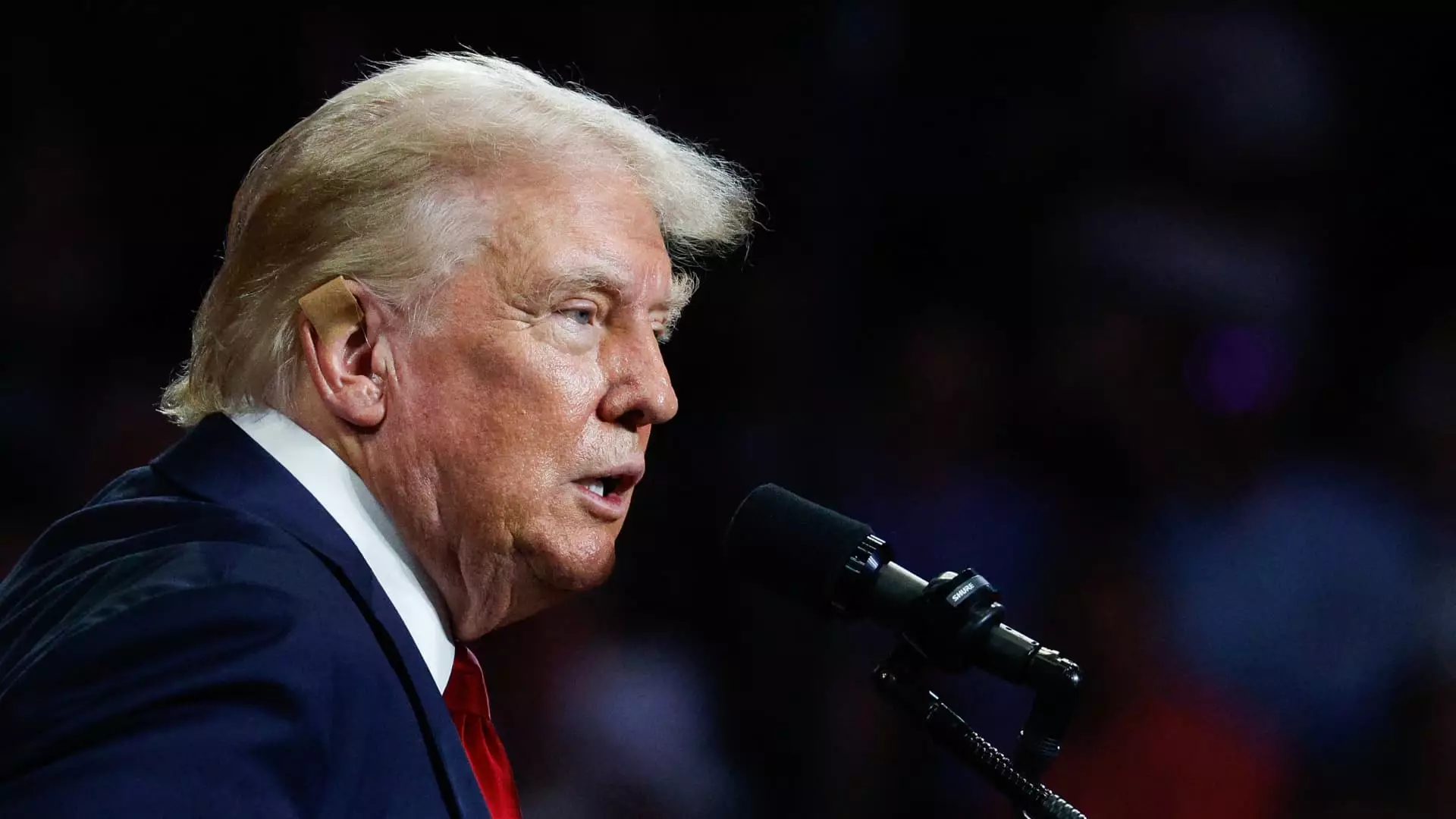Former President Donald Trump recently made a surprising announcement at the biggest bitcoin conference of the year in Nashville. Despite high expectations, Trump’s proposal regarding a U.S. bitcoin strategic reserve fell short of what some crypto enthusiasts had anticipated. In this article, we will critically analyze Trump’s proposal and its potential implications.
During his keynote speech at the Bitcoin Conference, Trump pledged to maintain the current level of bitcoin holdings that the U.S. government has acquired from seizing assets from financial criminals. Unlike third-party presidential candidate Robert F. Kennedy Jr., who proposed establishing a 4 million bitcoin strategic reserve, Trump’s plan was less revolutionary. He emphasized the importance of permanently holding onto bitcoin, a strategy that is widely encouraged within crypto circles but not currently practiced by the U.S. government.
While Trump’s proposal may seem appealing to some, there are several implications and challenges to consider. First, establishing a U.S. bitcoin strategic reserve would require new legislation and congressional approval. Sen. Lummis of Wyoming has announced plans to introduce legislation that would support such a reserve, but passing it into law would likely require a Republican sweep in November.
Building a bitcoin reserve would entail significant financial implications. The U.S. government would need to fund the reserve through existing Treasury Department funds, which include tax revenue. Furthermore, regularly buying additional bitcoin to build up the reserve would mean allocating taxpayer money towards this endeavor. This raises questions about the allocation of resources and potential impacts on the federal deficit.
The establishment of a U.S. bitcoin strategic reserve could have a significant impact on the cryptocurrency market. If the U.S. government were to build a reserve, it could prompt other countries to follow suit, leading to a decrease in available bitcoin on the market. This scarcity could drive up the price of bitcoin, as seen in the case of other strategic reserves for commodities like gold.
Creating a national bitcoin reserve would confer greater legitimacy upon the digital currency. In light of Wall Street’s increasing adoption of bitcoin, a U.S. strategic reserve would further solidify bitcoin’s status as a legitimate asset class. This move could help normalize bitcoin as a reserve asset and potentially boost its overall acceptance in mainstream finance.
While Trump’s proposal for a U.S. bitcoin strategic reserve has garnered attention, there are many factors to consider before such a reserve can be established. Financial, legislative, and market implications must all be carefully weighed to determine the feasibility and desirability of this ambitious undertaking. As the debate over the role of bitcoin in mainstream finance continues to evolve, Trump’s proposal represents a significant development in the intersection between cryptocurrency and government policy.


Leave a Reply